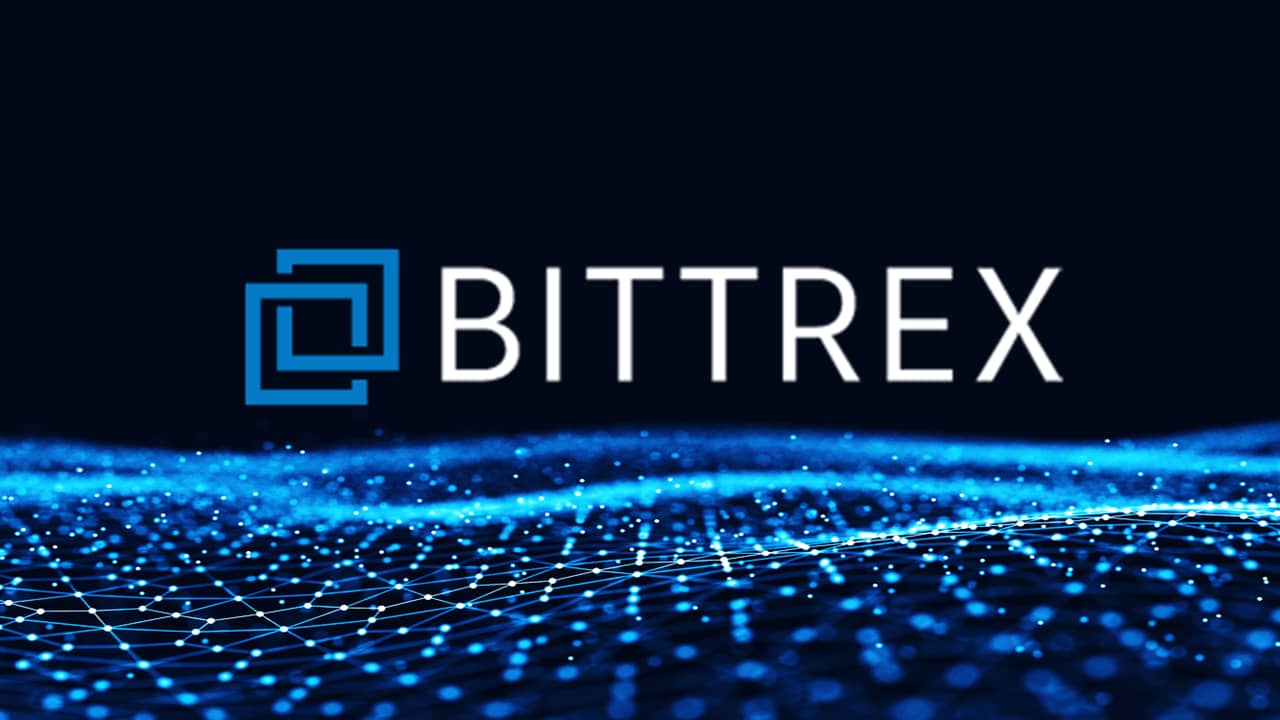Bittrex, one of the oldest and most popular crypto exchanges in the US, has filed for bankruptcy protection after being sued by the SEC for operating an unregistered securities exchange. This is another blow to the crypto industry and a clear sign that the SEC is on a war path to crack down on any innovation that threatens its authority and control.
Bittrex's Bankruptcy
First, let’s recap what the SEC accused Bittrex of doing. According to the SEC’s complaint, Bittrex and its former CEO William Shihara engaged in a scheme to evade securities laws by allowing crypto-asset issuers to list their tokens on Bittrex’s platform without registering them as securities or complying with any disclosure or reporting requirements.
The SEC claims that Shihara even instructed these issuers to delete any public statements that could draw regulatory scrutiny or suggest that their tokens were securities.
It also alleges that Bittrex made millions of dollars in fees from these illegal transactions and put investors at risk of fraud and manipulation.
The SEC also claims that Bittrex failed to implement adequate anti-money laundering and customer identification procedures, which enabled criminals and terrorists to use its platform for illicit purposes.
Bittrex has denied all these allegations and said that the crypto assets on its platform were not securities or investment contracts.
Bittrex argued that it was providing a service to the crypto community by offering a diverse and innovative range of tokens that could not be found elsewhere. The company also said that it cooperated with the SEC and other regulators and tried to comply with the evolving and unclear regulatory framework.
The SEC's Tight-Fisted Approach

However, the SEC’s lawsuit was too much for Bittrex to handle. The company announced that it would cease operations in the US on April 30 and filed for bankruptcy protection on May 8.
Bittrex said that it still holds crypto assets from US customers who did not withdraw their funds by April 30. Those assets are “safe and secure” and Bittrex said it intends to ask the bankruptcy court for a limited re-opening of customer accounts so that the crypto could be distributed back to customers.
But don’t hold your breath, because this process could potentially take months or even years. And there’s no guarantee that you’ll get your money back in full or at all.
Many customers have expressed frustration and anger at Bittrex’s handling of the situation and have accused the company of negligence and incompetence.
This is a sad and unfortunate outcome for Bittrex and its customers. But it’s also a major setback for the crypto industry and a warning sign for other crypto exchanges that operate in the US or serve US customers. The SEC has shown that it will not hesitate to use its power and resources to go after any company that it deems to be violating securities laws or posing a threat to its monopoly over financial markets.
This is more bad news for crypto innovation and adoption in the US. The SEC’s actions will discourage new entrants from entering the market and stifle existing players from offering new products and services. The SEC’s actions will also drive away investors and users from the US market and push them towards more friendly and supportive jurisdictions.
The SEC’s actions from a lot of people's point of view, will ultimately harm the US economy and its global competitiveness.
The US will miss out on the opportunities and benefits that crypto can bring, such as financial inclusion, efficiency, transparency, innovation, and growth.
The US will also lose its leadership position in the crypto space and fall behind other countries that are more open and welcoming to crypto.
The SEC needs to realize that crypto is not a threat but an opportunity.
Crypto is not a fad but a revolution.
Crypto is not a problem but a solution.
They need to stop fighting crypto and start embracing it, stop being an obstacle, and start being an ally.
Gary Gensler needs to work with the crypto industry and create a clear, fair, and flexible regulatory framework that protects investors and fosters innovation.
He needs to recognize that crypto is not a one-size-fits-all category but a diverse and dynamic phenomenon that requires different approaches and standards depending on the context and use case.
Regardless, crypto is here to stay and grow towards mass adoption, with or without the United States of America.
Matt is the founder of TechMalak. When he's not buried face-deep in the crypto charts you can find him tinkering with the latest tech gadgets and A. I tools. He's a crypto investor and entrepreneur. He uses a mixture of A.I and human thought and input into all his articles on TechMalak, further merging man with machine.





